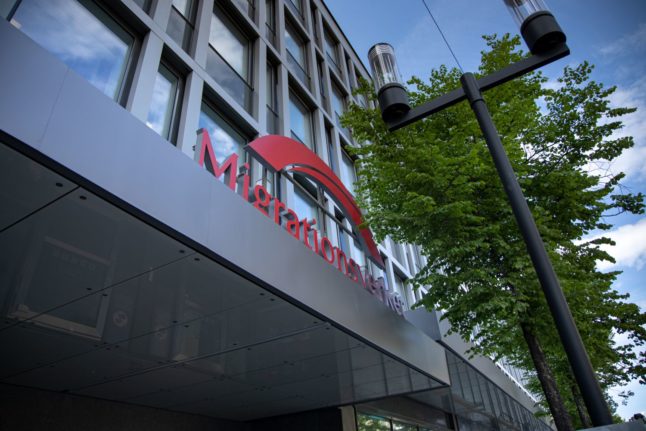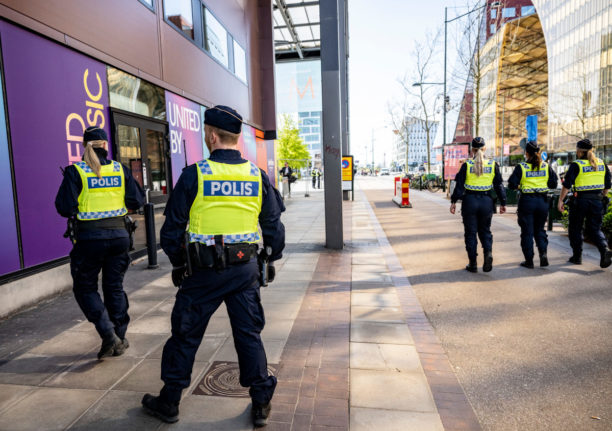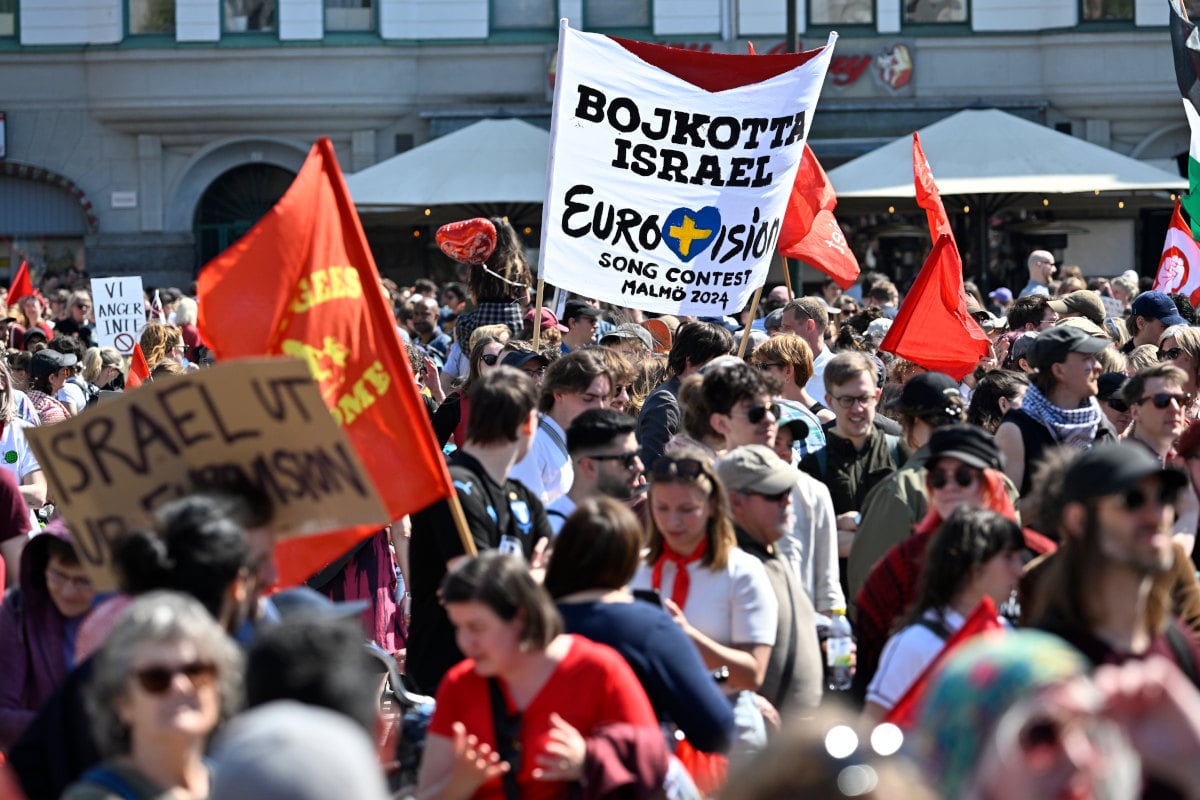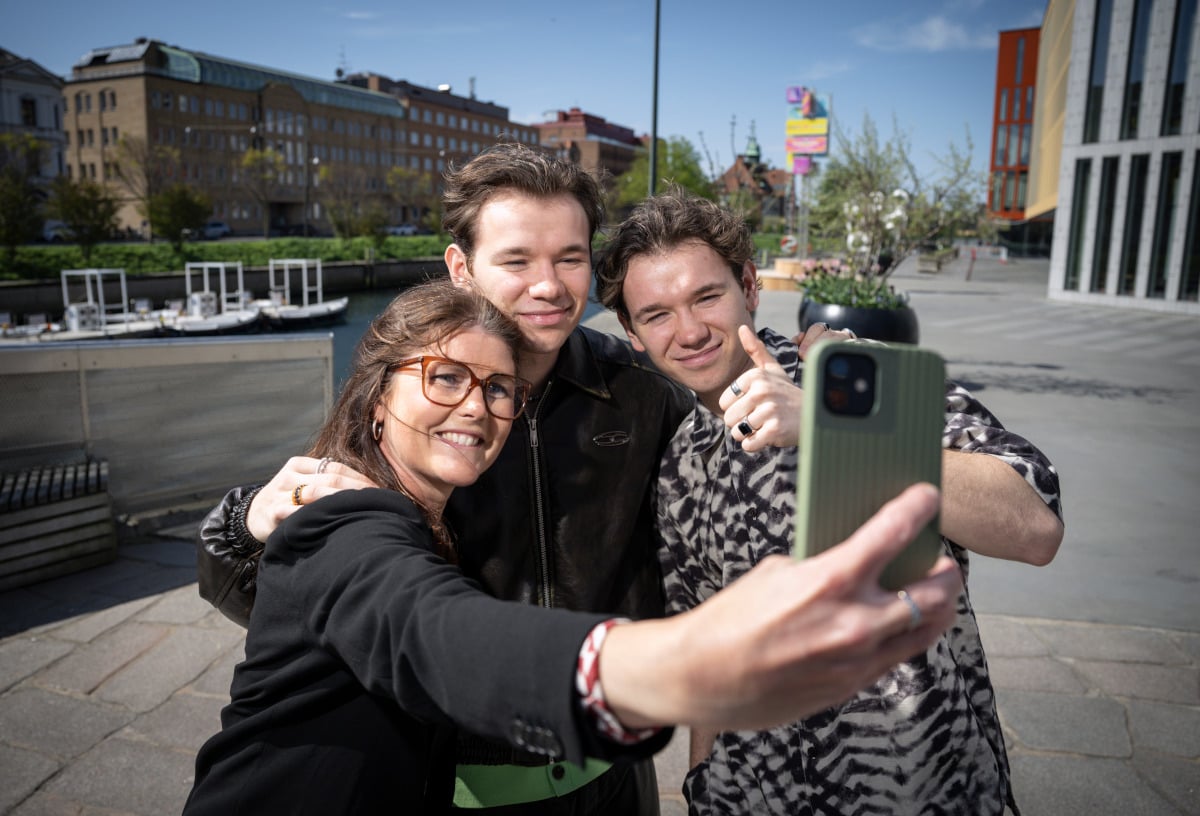In 2023, the agency issued 102,139 first-time residence permits, down by 28 percent from 142,179 in 2022.
The largest group of permits issued was by far work permits. Over 36,000 work permits were issued last year, making up over a third of the total figure.
This was still a decrease from 2022, however, where 41,396 work permits were issued.
Within the work permit category, the professions where the largest number of first-time work permits were issued were berry pickers and “IT architects/system developers/test leaders”, while the two most common countries of origin were Thailand and India.
The second largest permit group in 2023 was for anknytning, or permits to move to a partner or family member in Sweden. A total of 25,110 permits were issued in this group last year, up from 20,990 in 2022.
Two other groups where the number of granted permits grew in 2023 were permits for studies, which stood at 15,825 last year, up from 14,537, and verkställighetshinder – permits issued to people who have been ordered to leave Sweden but can’t, for example if their home country refuses to accept them or if they are a minor with no family who can take care of them in their homeland.
Some 1,149 permits for verkställighetshinder were issued in 2023, up from 751 in 2022. This is despite the agency’s increased focus on revoking permits for people who no longer meet the requirements and returning more people with no right to live in Sweden to their home countries.
“Moving forward, the goal is, just as before, to cut our processing times for various permit categories and, at the same time, get more people with no right to be in Sweden to return home, by, among other things, increasing the use of detention centres and return migration centres,” the agency’s director-general, Maria Mindhammar, wrote in a statement.
The group which saw the largest drop was permits granted for asylum in Sweden, which plummeted from 56,622 in 2022 to just 16,810 in 2023, a decrease of over 70 percent.
According to the agency, around 11,000 of these permits were issued to people from Ukraine under the Temporary Protection Directive. The sharp drop in granted permits last year can be explained by the fact that fewer Ukrainians applied for protection in Sweden compared to in 2022, as well as the fact that Sweden accepted fewer quota refugees than in 2022, the agency wrote.
“While there was a sharp increase in the number of people seeking asylum in other EU countries in 2023, we saw the number in Sweden continuing to decrease,” Mindhammar said.
Sweden accepted 3,744 quota refugees in 2022, while this figure dropped to 297 in 2023, a decrease of over 90 percent.
The number of EU/EES permits issued in 2023 also decreased, from 7,883 to 6,731. This figure refers to permits for EU citizens who don’t have right of residence in Sweden, and who therefore need to apply for a residence permit from the Migration Agency rather than the Tax Agency.
Finally, the number of people were granted citizenship dropped to 68,168 in 2023, down from 89,967 in 2022.





 Please whitelist us to continue reading.
Please whitelist us to continue reading.
Member comments